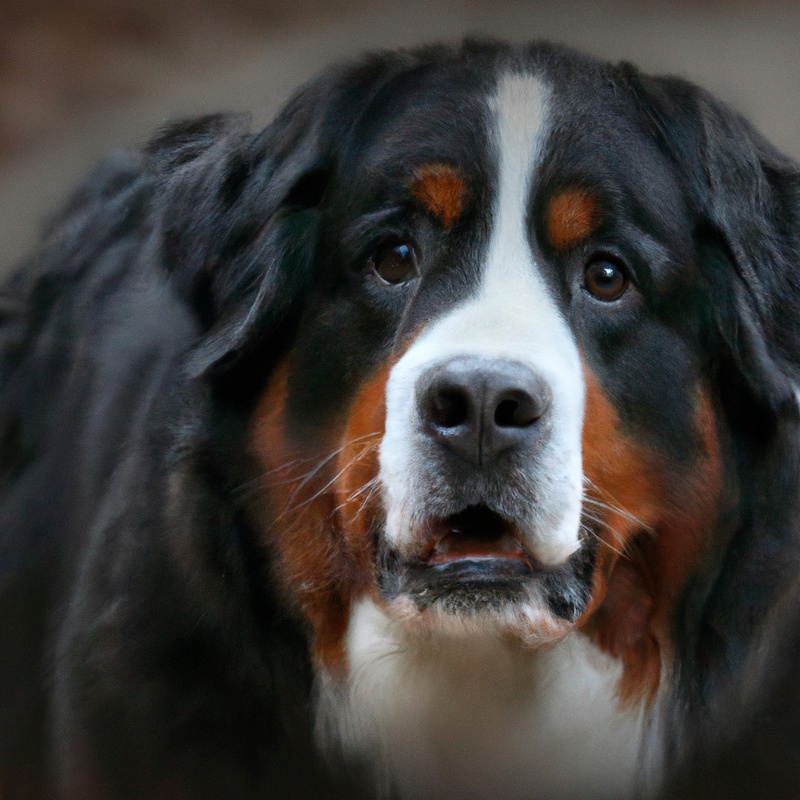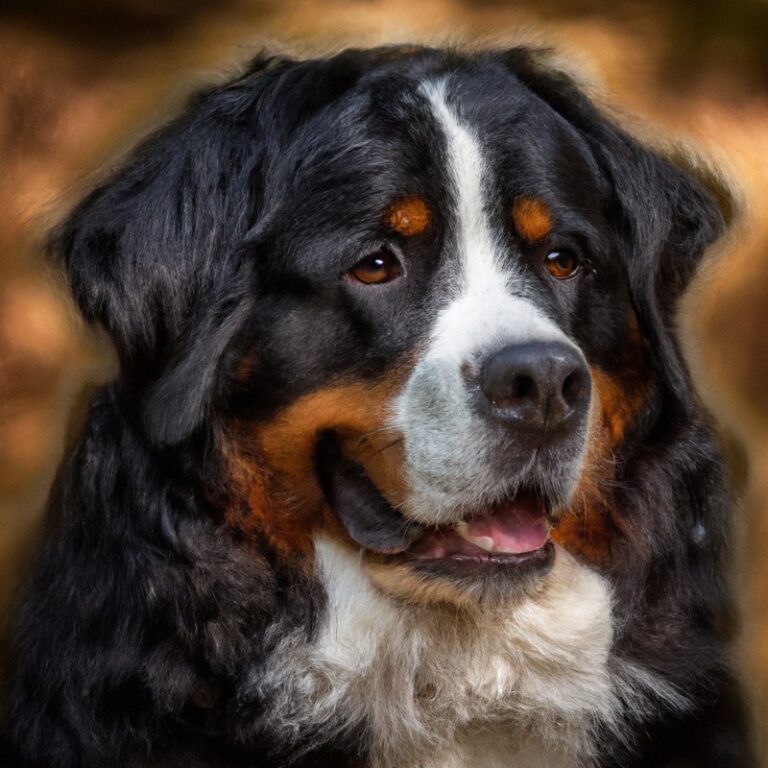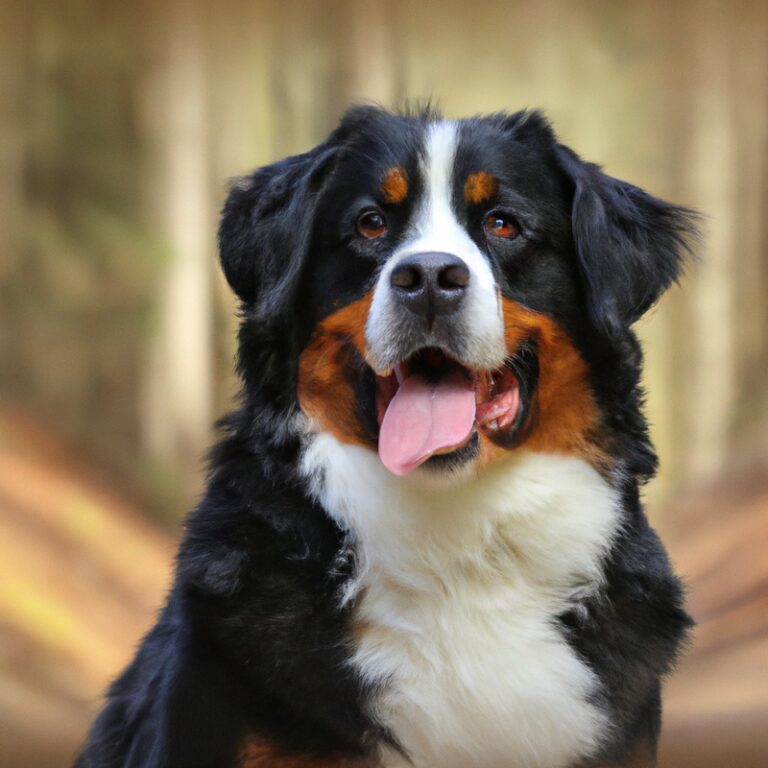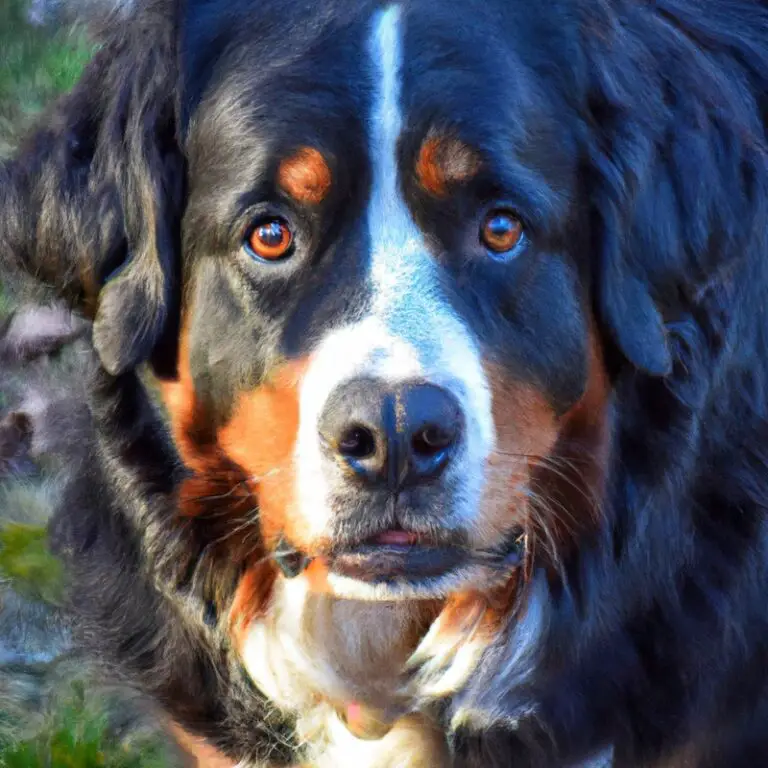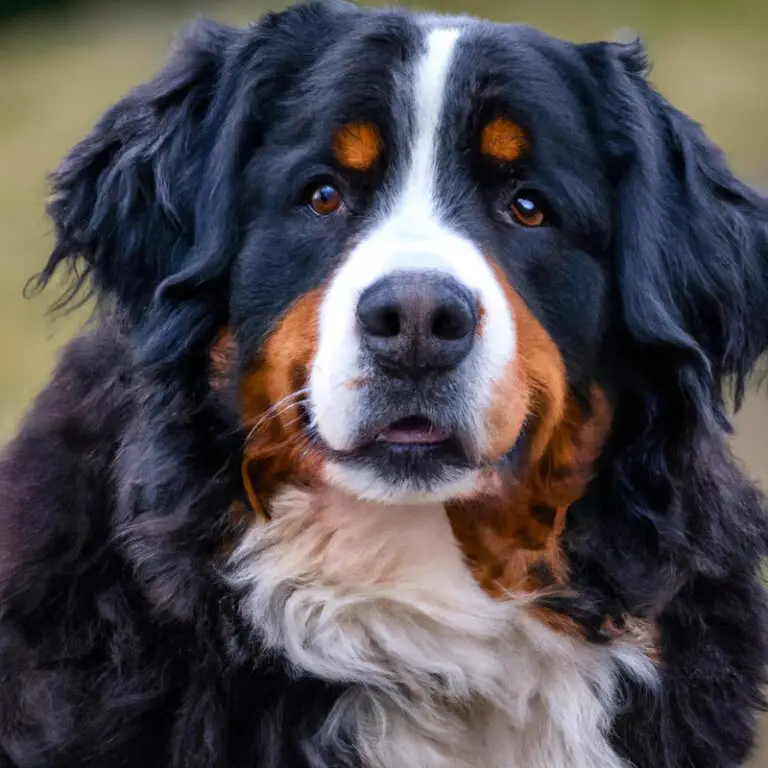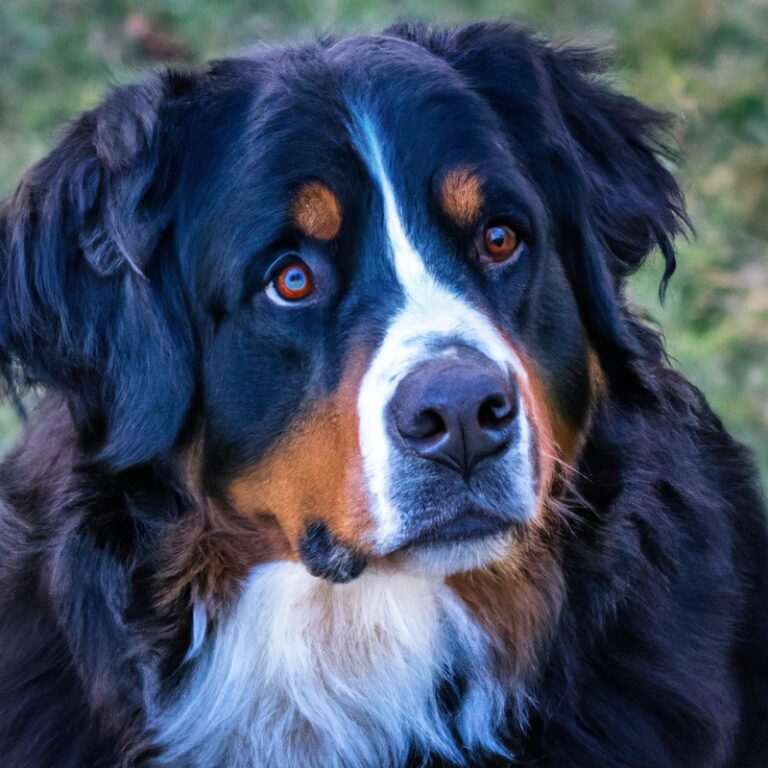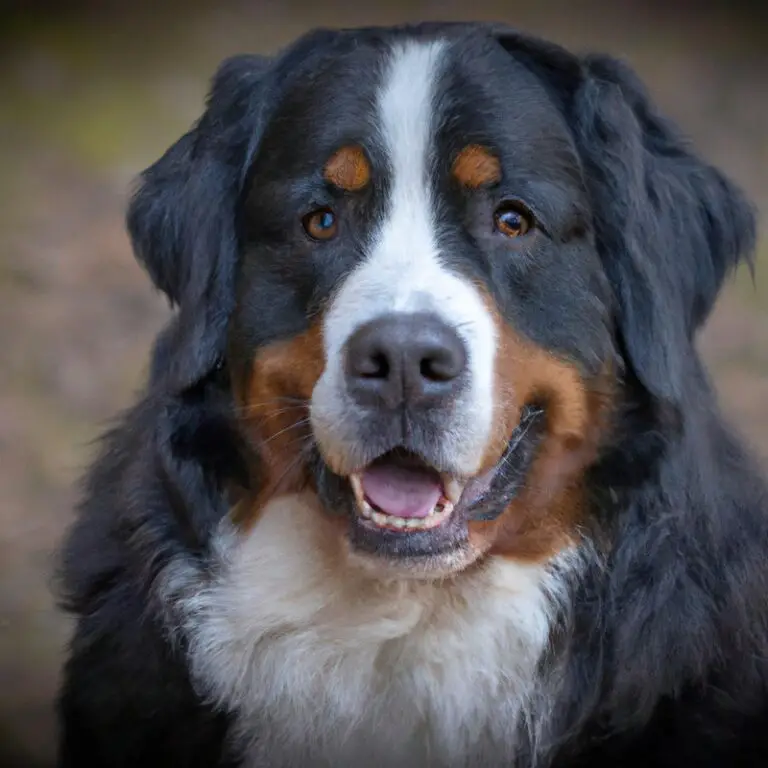Can Bernese Mountain Dogs Handle Hot Climates?
Key Takeaways:
- Bernese Mountain Dogs are not well-suited to hot climates due to their thick coat and susceptibility to heat-related health issues.
- High temperatures and humidity can pose significant risks to a Bernese Mountain Dog’s health and well-being.
- It is important to provide ample shade, access to cool water, and limit physical activity for Bernese Mountain Dogs in hot weather.
- If you live in a hot climate, it may be better to consider a different breed that is more adaptable to warmer temperatures.
Are you a proud Bernese Mountain Dog owner, but worried about how your furry companion will fare in hot climates?
As an expert in dog breeds and climate preferences, I’m here to weigh in on this topic.
Heat tolerance, exercise needs, and health sensitivities are crucial factors to consider when it comes to owning a dog in warmer regions.
In this article, we’ll explore whether these beautiful, big-hearted Berners can adapt to the heat, offering tips to help them stay comfortable, and addressing frequently asked questions about their suitability for hot climates.
So, grab a cold drink, get cozy, and let’s dive in!
| Pros | Cons |
|---|---|
| Thick double coat provides insulation in cold weather | Thick double coat can be too hot in hot climates |
| Gentle and easy-going nature | May become sluggish and lethargic in hot weather |
| Good with children and other animals | May be more prone to heatstroke and heat-related illnesses |
| Adaptable to various living environments | May require additional cooling measures in hot climates |
| Intelligent and trainable | May need extra precautions and care to prevent overheating |
Factors to Consider for Dogs in Hot Climates
Coat and Heat Tolerance
Coat and heat tolerance are crucial factors to consider for dogs in hot climates.
Some breeds, like Bernese Mountain Dogs, have thick coats that are more suitable for colder environments.
These breeds may struggle in hot weather and be more prone to heat-related issues.
On the other hand, breeds with shorter or lighter coats, such as Labrador Retrievers or Greyhounds, tend to have better heat tolerance.
It’s important to keep your dog’s coat in mind when determining how well they can handle hot temperatures.
Monitoring their comfort and providing appropriate shade and cooling options is essential.
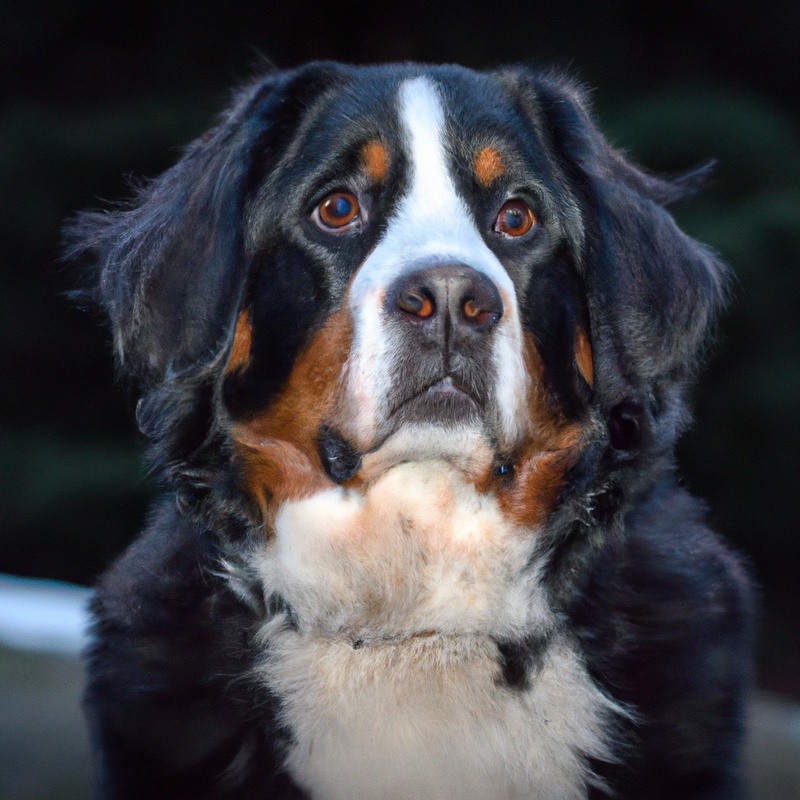
Exercise and Activity Levels
Exercise and activity levels are important considerations for dogs in hot climates.
It’s essential to be mindful of the temperature and adjust the intensity and duration of exercise accordingly.
Opt for activities during cooler parts of the day, like early morning or evening.
Shorter walks and indoor play can be more suitable to prevent heat exhaustion.
Engaging in mentally stimulating games and puzzles can be an alternative to physical exercise.
Always have fresh water available and monitor your dog for signs of overheating.
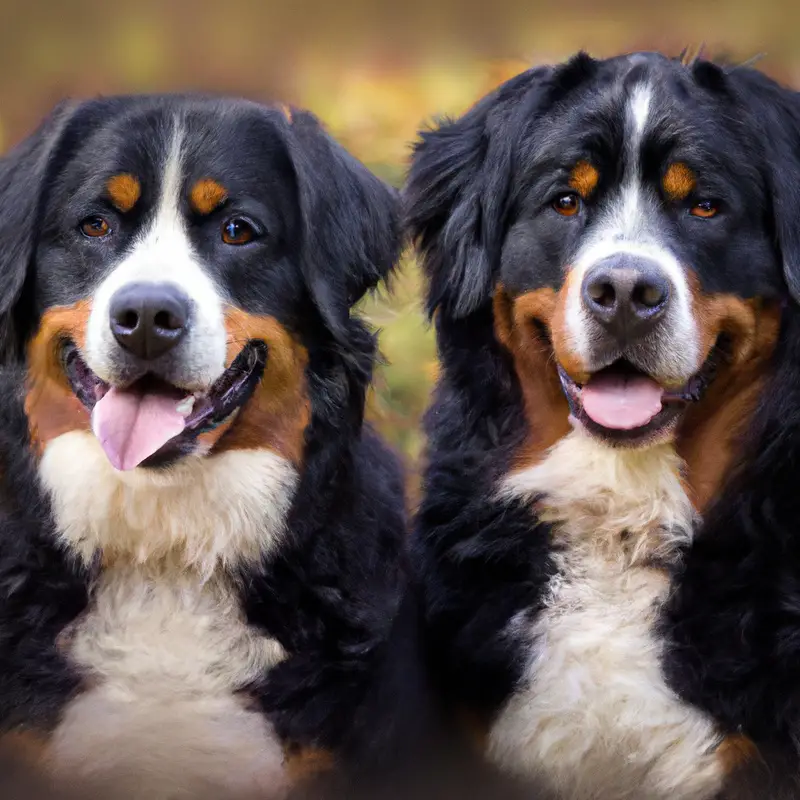
Health Issues and Sensitivities
Health Issues and Sensitivities Bernese Mountain Dogs are prone to certain health issues and sensitivities.
One common concern is heat intolerance due to their thick coats.
They are also at risk for heatstroke and dehydration in hot climates.
Another health issue is their predisposition to certain hereditary conditions, such as hip and elbow dysplasia, cancer, and heart problems.
Regular vet check-ups and proper diet are crucial to monitor their well-being.
Additionally, they may have sensitivities to certain foods, so it’s important to provide a balanced and appropriate diet for them.

Can Bernese Mountain Dogs Adapt to Hot Climates?
Breed Background and Climate Preferences
Bernese Mountain Dogs have a thick double coat, which makes them better suited for colder climates. They originate from the Swiss Alps, where they were bred to work in the harsh conditions.
This breed is not well-suited for hot climates, as they can easily overheat.
It’s important to provide them with plenty of shade, access to fresh water, and limit their exposure to extreme heat. Regular grooming and monitoring their activity levels in hotter weather are also crucial to keep them comfortable and safe.
Tips for Helping Bernese Mountain Dogs in Hot Climates
Bernese Mountain Dogs are not well-suited for hot climates due to their thick double coat. However, there are some tips that can help them cope better:
- Provide shade: Make sure your Bernese has access to cool, shaded areas throughout the day.
- Hydration is key: Keep them well-hydrated by providing fresh water at all times. Consider using a cooling mat or damp towel for them to lie on.
- Limit exercise: Avoid excessive exercise during the hottest parts of the day to prevent overheating. Opt for early morning or late evening walks instead.
- Grooming: Regularly brush your Bernese’s coat to remove excess hair and prevent matting. This helps with air circulation and keeps them cooler.
- Watch for signs of heat stress: Be vigilant for symptoms like excessive panting, drooling, lethargy, or collapsing. If you notice any of these, seek veterinary assistance immediately.
Remember, while these tips can help, it’s important to prioritize your Bernese’s comfort and safety in hot climates.
Frequently Asked Questions
How do I keep my Bernese Mountain Dog cool in hot weather?
To keep your Bernese Mountain Dog cool in hot weather, provide plenty of shade and fresh water. Avoid exercising them during the hottest parts of the day, opting for early morning or late evening walks instead.
You can also use cooling mats or bandanas, and consider setting up a small pool or sprinkler for them to play in.
Finally, be mindful of signs of overheating such as excessive panting, drooling, or lethargy, and consult your vet if needed.
Can Bernese Mountain Dogs live in hot climates with proper care?
Yes, Bernese Mountain Dogs can live in hot climates with proper care.
While they are known for their thick fur, they can adapt to warmer environments as long as certain precautions are taken.
It is important to provide them with plenty of shade and fresh water, and to avoid exercising them during the hottest parts of the day.
Regular grooming can also help to keep them cool.
Additionally, monitoring their behavior and seeking veterinary advice if needed is crucial in ensuring their well-being in hot climates.
Are there any other breeds better suited for hot climates?
Yes, there are several breeds better suited for hot climates than Bernese Mountain Dogs.
Here are a few examples:
- Chihuahua: Their small size and short coat make them well-adapted to hot weather.
- Basenji: These dogs are known for their heat tolerance and ability to regulate body temperature.
- Greyhound: Their thin coat, lean build, and efficient cooling system make them ideal for warmer climates.
- Dalmatian: With their short coat and athletic build, they can handle hotter temperatures.
- Rhodesian Ridgeback: Originally bred in Africa, they have a high heat tolerance and an efficient cooling system.
These breeds have specific adaptations that make them better equipped to handle hot climates.
Final Verdict
While Bernese Mountain Dogs are not naturally suited for hot climates, with proper care and precautions, they can still thrive in these conditions. Factors to consider include their coat and heat tolerance, exercise needs, and health issues.
Providing shade, hydration, and limiting activity during the hottest times of the day can help keep them cool.
While there may be other breeds better suited for hot climates, with love and attention, Bernese Mountain Dogs can adapt and enjoy a fulfilling life in warmer environments.

